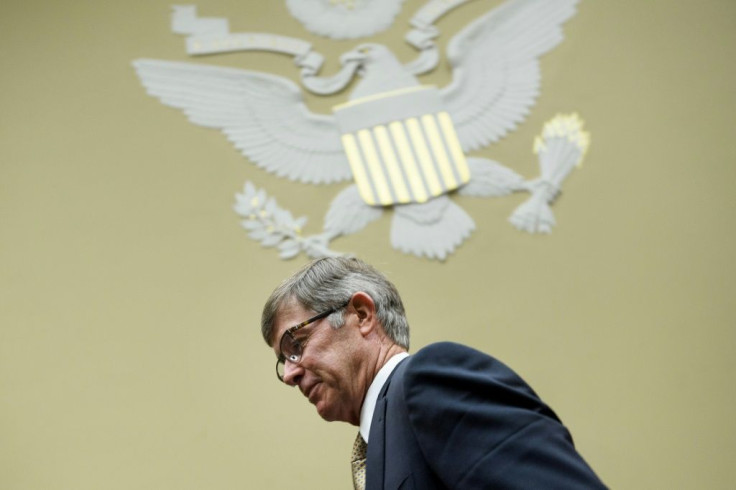Whistleblowers: What Does US Law Say About Them?

At least two, and possibly more, US officials with knowledge of the impeachment allegations against President Donald Trump have formally sought the protections that US law affords whistleblowers, according to their lawyers.
Both whistleblowers are said to be members of the US intelligence community, which has its own strict set of requirements to obtain protected status.
A narrow legal path
Passed by Congress in 1998 and amended in 2010, the Intelligence Community Whistleblower Protection Act established specific procedures for employees to follow in reporting conduct that relates to classified information.
The whistleblower is protected from retaliation, including firing, provided that he or she follows the narrowly defined protocol.
Any whistleblower must signal his or her complaint to the inspector general of the intelligence community, who has 14 days to review it.
If it is deemed credible and of "urgent concern," the complaint is then forwarded to the director of national intelligence, who oversees the nation's intelligence services.
"Urgent concern" is defined as "a serious or flagrant problem, abuse, violation of law or executive order, or deficiency relating to the funding, administration, or operation of an intelligence activity ... involving classified information, but does not include differences of opinions concerning public policy matters."
The DNI then has a week to forward the complaint and any additional information to the House and Senate intelligence committees.
The Ukraine call
On August 12, a member of the intelligence community -- a CIA officer, according to The New York Times -- filed a complaint about a July phone call between Trump and Ukrainian President Volodymyr Zelensky.
The complaint signaled an issue of "urgent concern" -- namely, that the "President of the United States is using the power of his office to solicit interference from a foreign country in the 2020 US election."
Inspector General Michael Atkinson deemed the complaint credible and forwarded it to acting director of national intelligence Joseph Maguire.
But after consulting with the Justice Department and White House attorneys, Maguire -- recently named to his post by Trump -- concluded that he was not obligated to inform Congress, saying the complaint fell short of the bar.
Atkinson did inform lawmakers of the complaint's existence, however, but not its content, setting off a struggle between the House Intelligence Committee and the administration.
On September 25, that struggle was resolved when the complaint was released by the director of national intelligence to the Intelligence Committee, which made it public the following day.
A second whistleblower has since come forward, according to their lawyers, who said on October 6 that this one has first-hand knowledge of the events in question.
"They also made a protected disclosure under the law and cannot be retaliated against," Mark Zaid, the informant's lawyer, said on Twitter.
The second complaint has not been released.
Executive privilege
The president's right to withhold information on the basis of executive privilege has been a sticking point between Congress and the White House since the intelligence whistleblower law first took effect in 1998.
Former president Bill Clinton, who signed the law, said at the time that it did not "constrain" his "constitutional authority" to review and control disclosure of classified information to Congress, noted Robert Litt, a former general counsel to the Office of the DNI, on the Lawfare blog.
Harvard law professor Jack Goldsmith, a former White House counsel, has said that executive privilege should prevail in these circumstances.
But after initially resisting, the White House has opted for disclosure, releasing a rough transcript of the president's Ukraine call on September 25, the day after House Speaker Nancy Pelosi launched an impeachment inquiry.
The original whistleblower complaint was made public on September 26.
© Copyright AFP {{Year}}. All rights reserved.





















